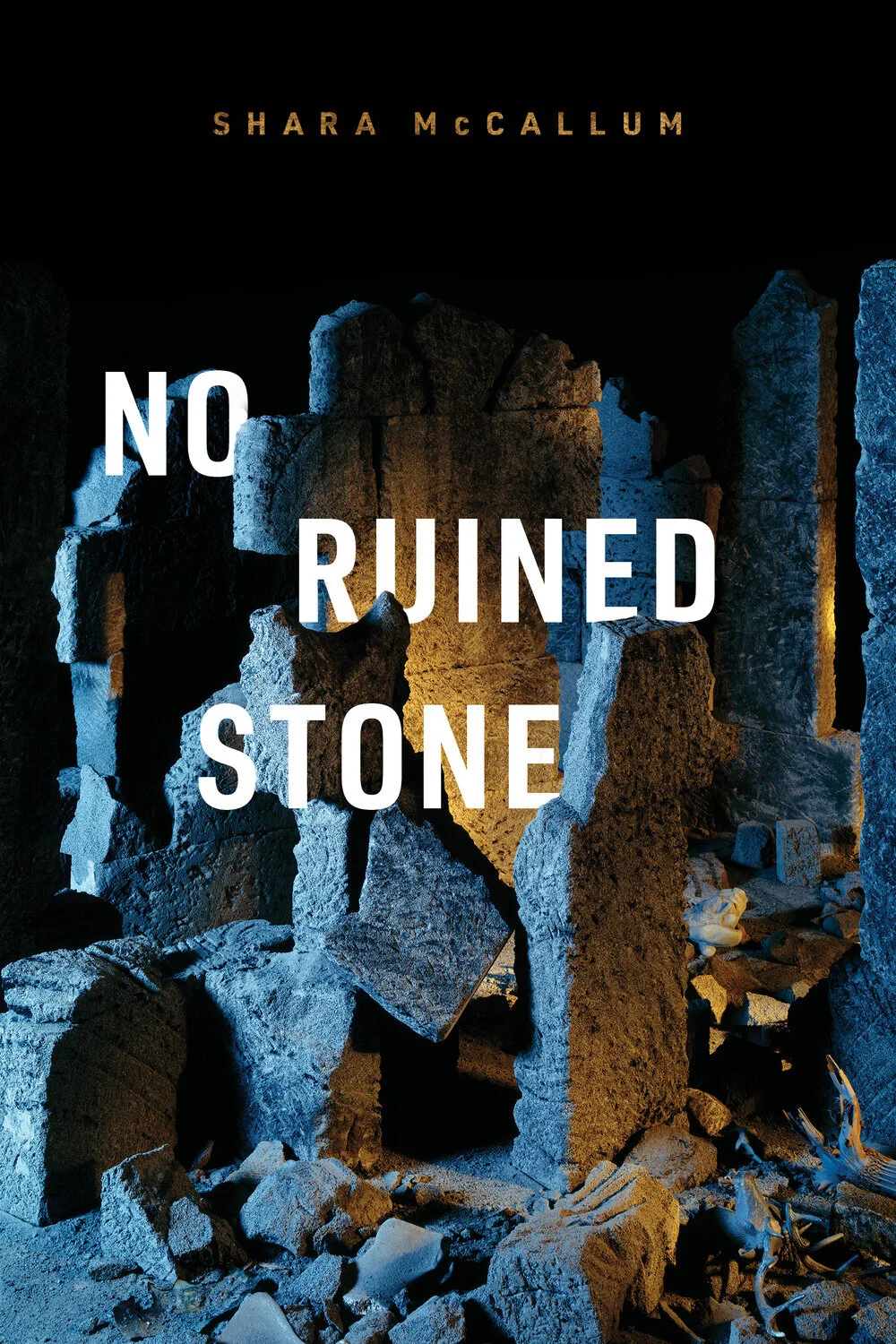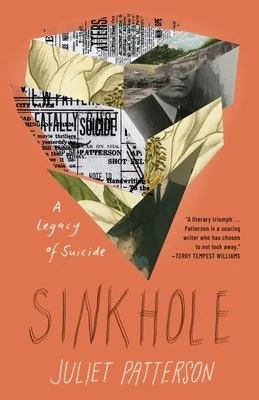Hot Off the Shelf: No Ruined Stone by Shara McCallum
[Disclaimer: I received a free copy of this book in exchange for an honest review and I honestly enjoyed it. There’s also an affiliate link if you’d like to buy a copy for yourself.]
When I first read the book jacket for No Ruined Stone, I thought surely it had to be a novel…
Synopsis:
No Ruined Stone is a verse sequence rooted in the life of 18th-century Scottish poet Robert Burns. In 1786, Burns arranged to migrate to Jamaica to work on a slave plantation, a plan he ultimately abandoned. Voiced by a fictive Burns and his fictional granddaughter, a "mulatta" passing for white, the book asks: what would have happened had he gone?
But it’s not a novel. No Ruined Stone is a volume of poetry; one that has a lot to say for being so short.
First, I should admit I’m not the biggest Robert Burns fan. Without some kind of translation, I have little clue as to what he’s saying since Scottish feels like an entirely different language. What drew me to this book was its ambition.
For prose, the genre is determined by whether the work is fiction or nonfiction and gets more granular from there. But no one asks of a poem, “is it fiction or nonfiction?” Often when I explain that poetry has genres just like prose, it surprises people. It’s not something most casual readers think about. That said, No Ruined Stone is speculative fiction and, more specifically, an alternative history.
Most books of poetry I’ve read have poems that are united by a particular theme, like memory or grief, but don’t follow a particular plot. No Ruined Stone is unique in that it has a plot and is forced to do all the necessary world-building to move the plot forward in each of the poems while still maintaining the emotional impact expected of good poetry. It’s a tall order, to say the least. And for the most part, Shara executes this really well.
I say for the most part because I wish the book had been longer, even though poetry trends toward slimmer volumes. There were a couple of characters I couldn’t quite make sense of (Wait, “Nancy” is the name of the ship? Are there one or two Douglas brothers and is Douglas their first name or surname?) and it left me confused. In the margins of one epistolary poem I wrote, “Who is the you here? Who is the intended audience?” For the handful of poems like this, it’s hard not to feel like they were merely a plot device.
However, the ambiguous poems are in the minority. The majority of the volume is surprisingly fleshed out given the economy of language. And despite the grippingly gorgeous lines in every single poem, the reality of colonialism, as well as its fictional version in these poems, is not a pretty one. Where Burns might exist in the common imagination as a rugged working man and poet of the people, No Ruined Stone portrays Burns as the coward he was, at least around slavery.
In his lifetime, Burns was quiet on the subject of slavery. Shara included a few pages about Burns’ life and her inspiration behind this volume––including, notably, that she’s a white-passing woman from Jamaica with a Scottish surname. Burns apparently considered working on a plantation in Jamaica when his finances got strained and, as far as anyone knows, he would have gone if not for the success of his poems, which afforded him enough money to put him off the idea. Perhaps Burns avoided speaking out against slavery so as not to appear a hypocrite to everyone who knew of his abandoned plans to go to Jamaica. (Not that that’s an excuse.)
So often the realities of slavery are masked, obscured, or downplayed as merely an institution “of its time,” so I flock to speculative works like this because they’re an attempt to write back into history those who have been written out. My chief complaint with No Ruined Stone is that then, as now in this book, Burns is the protagonist. It makes sense that the first part of the book would be from his perspective to illustrate how he got to Jamaica, but neither the enslaved woman who bore his biracial child nor the white-passing granddaughter has much of a voice. There were only a handful of poems where the granddaughter, whom the synopsis made to sound was a protagonist, had a distinguishable voice at all.
But in the poems where her voice does shine through, it’s beautifully done. We get a sense of the generational trauma (having to masquerade her own grandmother as her servant, having to tell her peers at school that she’s Spanish instead of Black, and the awkwardness of her husband insisting she attend lectures on slavery as though that’s something she could sit through without pain) and her motivations for hiding her identity.
As I said, this book is ambitious and I have to give kudos for the concept. I just wish Shara had slowed down and let us really sink into this alternative history and speculate a little more fully rather than rushing the reader through the generations. There are so many important things being said here and I think I’d have appreciated them more had I gotten to spend more time with Burns’ biracial descendants both in Jamaica and Scotland. The potential is there, though the execution could have been better.
That said, I still enjoyed it and I’m still really glad I read it. If poems about Robert Burns, slavery, colonialism, and speculative fiction sound like something you’d like, I hope you’ll check it out. If you’d like to purchase your own copy, you can do so at your favorite indie bookstore or if you prefer to buy online, please use my Bookshop link.






